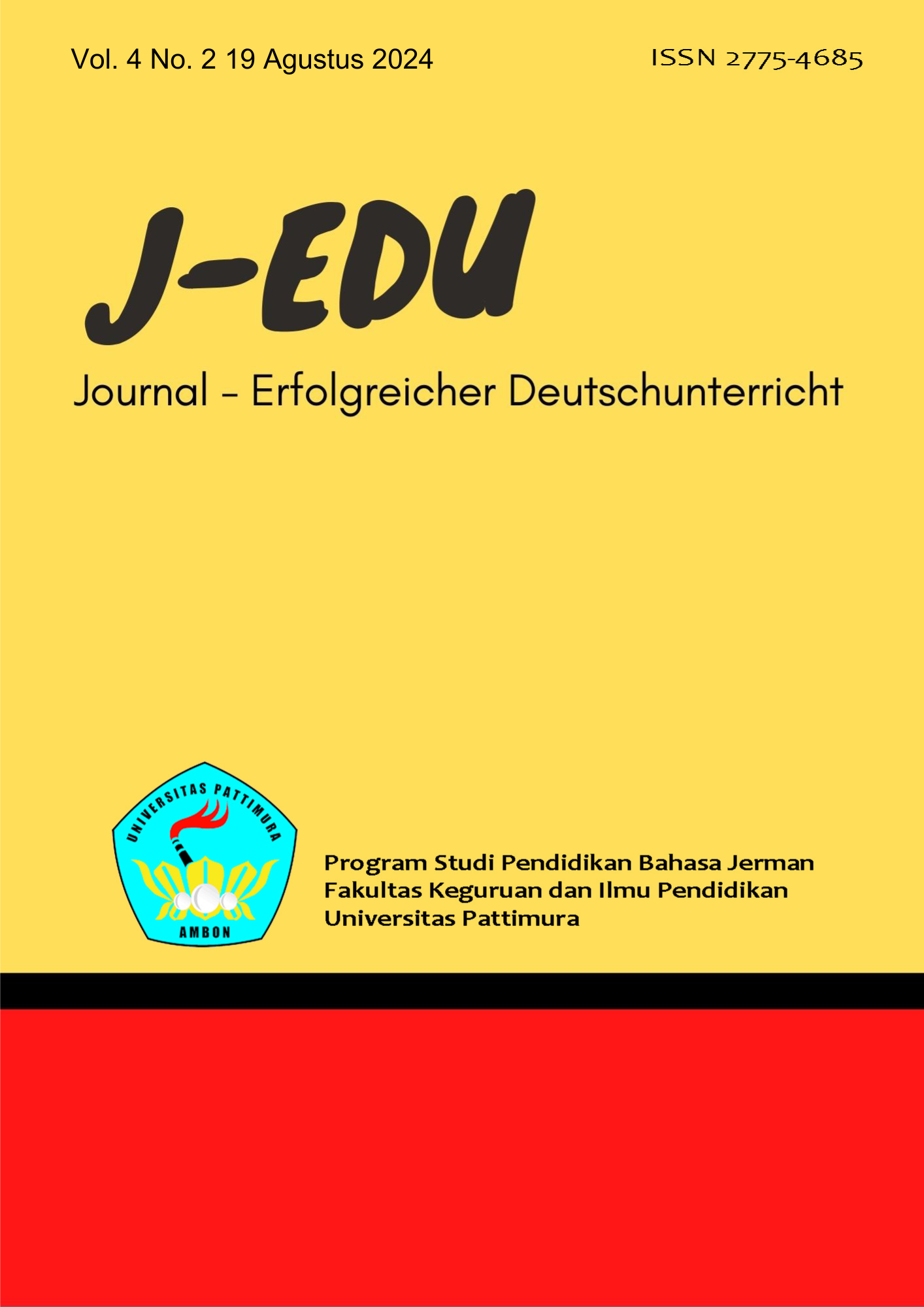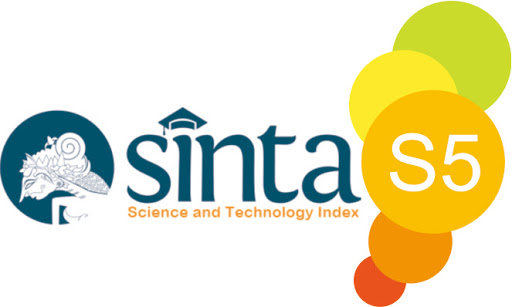PENERAPAN PBL SEBAGAI STRATEGI PENGAJARAN INTERAKTIF PADA PEMBELAJARAN BAHASA INDONESIA DI SEKOLAH DASAR
Abstract
This study aims to explore the effectiveness of the Problem-Based Learning (PBL) method in teaching Indonesian to 4th-grade students at SD 64 Ambon. The PBL approach emphasizes direct student engagement in solving real-world problems to enhance comprehension of the subject matter. By connecting theory with practical, everyday contexts, students can better understand lessons and develop critical thinking and collaborative skills. This research utilizes a pretest-posttest experimental design on a single group. Measurements were conducted before and after the implementation of PBL to assess changes in students' comprehension and engagement. The results reveal that PBL had a significant positive impact on learning outcomes, with posttest scores showing improvement over pretest scores. Additionally, active student engagement increased, as evidenced by their participation in questioning, discussion, and problem-solving during lessons. Thus, the implementation of PBL is not only effective in improving learning outcomes but also in fostering collaboration and critical thinking skills among elementary school students. This method presents an interactive and relevant alternative for teaching Indonesian language skills to young learners.
Downloads
Copyright (c) 2024 Indriyani Abdullah , June Carmen Noya van Delzen , Jolanda Tomasouw

This work is licensed under a Creative Commons Attribution-ShareAlike 4.0 International License.





_.jpg)
